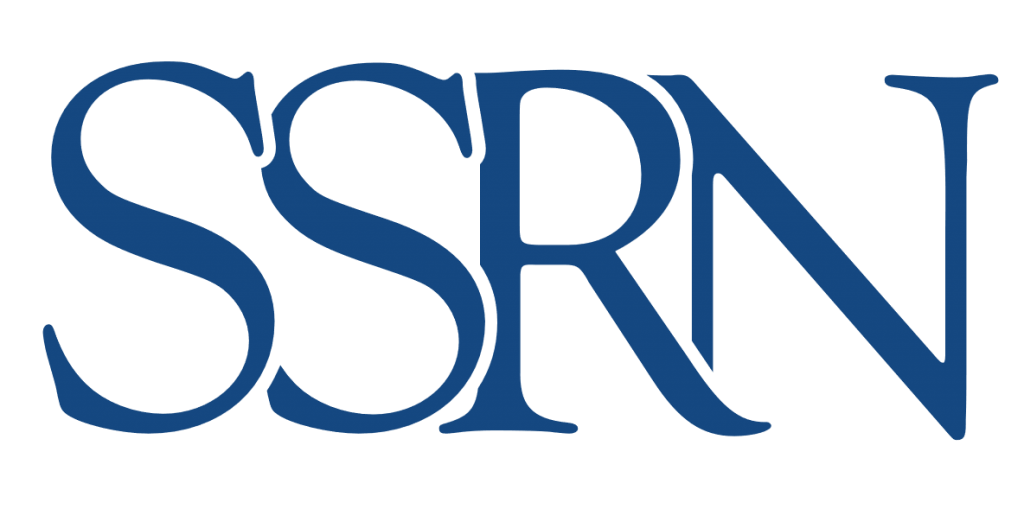
This article by Professor Christine Haight Farley originally published in the Akron Law Review anticipates doctrinal disorder in domain name disputes as a result of the new generic top-level domains (gTLDs).
The abstract for the article goes on to say that in the
course of the intense and prolonged debate over the possibility of new gTLDs,
no one seems to have focused on the conspicuous fact that domain name disputes
incorporating new gTLDs will be markedly different from the first-generation
domain name disputes under previous gTLDs.
Now second-generation disputes will have the added feature
of the domain name having a suffix that will likely be a generic word,
geographic term, or trademark. This addition is significant. Rather than
disputes over <mcdonalds.com>, we will have disputes over
<mcdonalds.ancestry>.

Before these new gTLDs, Uniform Dispute Resolution Procedure (UDRP) panels have routinely ignored the gTLD portion of the domain concluding that the suffix is inconsequential to their determinations of confusing similarity. This approach has already changed. While this change may seem trivial especially in a non-precedential system, the consequence of this change may be profound for trademark owners’ rights on the internet and portend a fundamental shift in how trademarks will be called upon to pick winners and losers in this new land grab.
It’s a 29-page article, which in its conclusion says:
The stated objective of the New gTLD Program was to enhance
competition and consumer choice and enable the benefits of innovation via the
introduction of new gTLDs. That objective would imply that new second-level
domains should be widely available for registration. Registrants should be
forewarned, however, that any second-level domain name registration that
contains a trademark may be found to be confusingly similar even though the new
gTLD should indicate to internet users that the domain name would not belong to
the trademark owner. Continued lowering of the threshold as to what constitutes
a “confusingly similar” domain name may make most of the newly created domain
names subject to trademark holder takeover.
Currently the article by Farley, who is a Professor at the American University Washington College of Law, is currently only available publicly on the Social Science Research Network here.
This latest Domain News has been posted from here: Source Link
